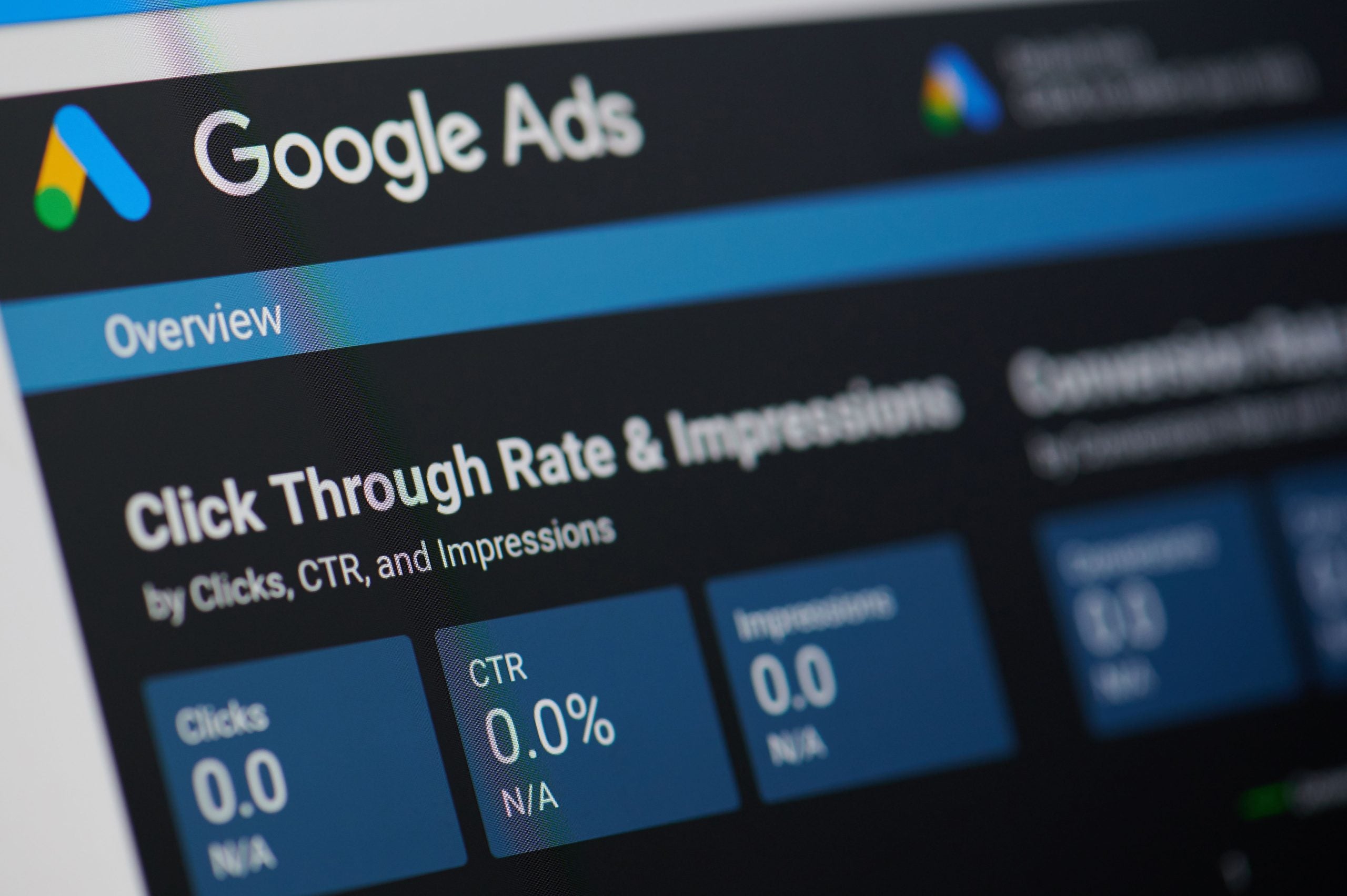
Google will test curbing the use of third-party cookies by advertisers to monitor consumer behaviour on its Chrome browser, the company said on Thursday (14 December).
The upcoming feature, known as Tracking Protection, is scheduled for a phased rollout commencing 4 January, initially targeting 1% of Chrome users globally.
The feature is designed to automatically restrict cross-site tracking, limiting the reach of advertisers.
The company plans to eliminate the reliance on third-party cookies for users by the second half of 2024.

Access deeper industry intelligence
Experience unmatched clarity with a single platform that combines unique data, AI, and human expertise.
However, the implementation timeline is contingent on resolving antitrust concerns, particularly those articulated by the UK’s Competition and Markets Authority (CMA), Google said.
The CMA has been actively investigating Google’s proposal to discontinue support for specific cookies in Chrome, expressing apprehension about potential implications for competition in the digital advertising sphere.
The watchdog is closely monitoring Google’s advertising sector, a key revenue stream for the company.
Last month, as part of Google’s ongoing anti-trust trial, Alphabet CEO Sundar Pichai confirmed that Google paid Apple a third of Safari generated advertising revenue.
Cookies, specialised files that enable websites and advertisers to identify individual internet users and monitor their online activities, have become central to digital advertising strategies.
Advertisers have voiced concerns about the ramifications of losing cookies in Google Chrome, the world’s most widely used browser.
They argue that it would hinder their ability to gather information for tailoring personalised advertisements, potentially rendering them reliant on Google’s user databases.

US Tariffs are shifting - will you react or anticipate?
Don’t let policy changes catch you off guard. Stay proactive with real-time data and expert analysis.
By GlobalDataGoogle has made several updates to its advertising policy this year.
Last month, Google said it would require election advertisers to disclose when their ads have been created or informed by artificial intelligence (AI), according to a new policy update that will take effect from mid-November.
Google cited deepfakes, a video of a person in which their face or body has been digitally altered, as an example of content which would require a conspicuous disclaimer.
In June, Google announced that it has added to the company’s growing arsenal of artificial intelligence (AI)-driven video ad solutions by introducing its Demand Gen and Video View campaigns.







